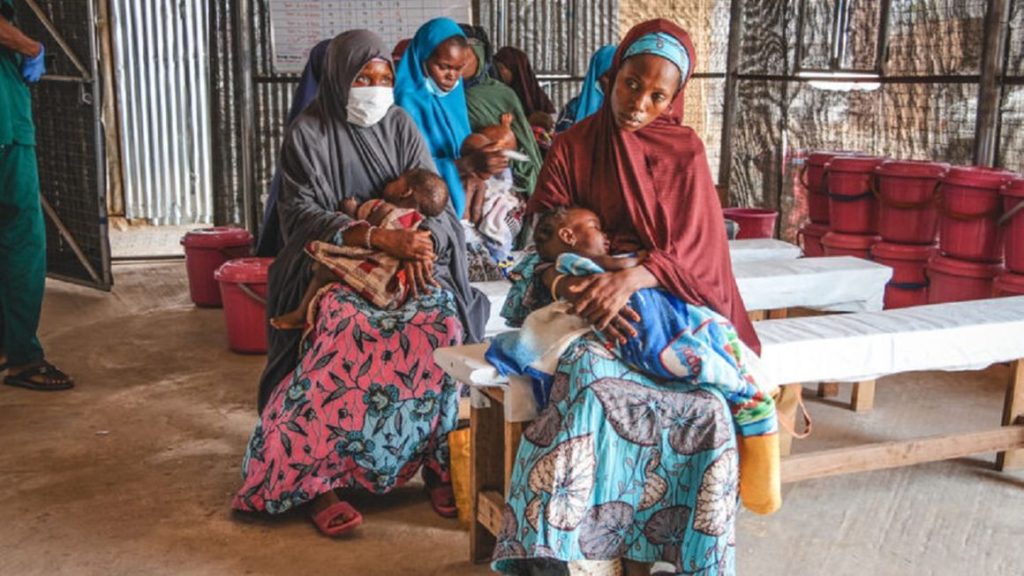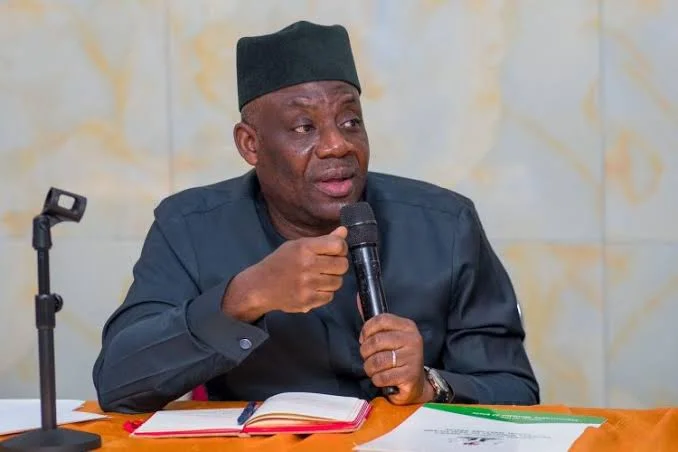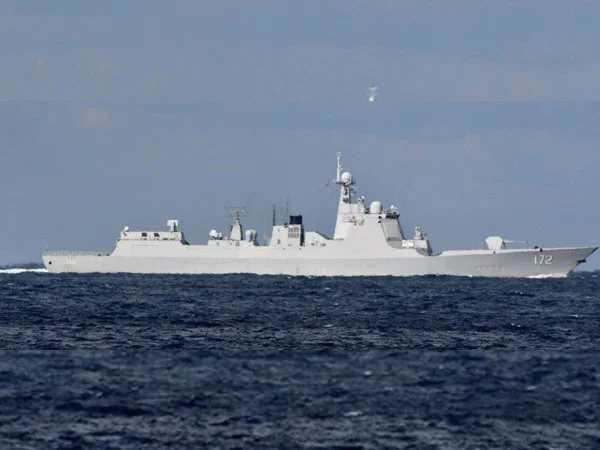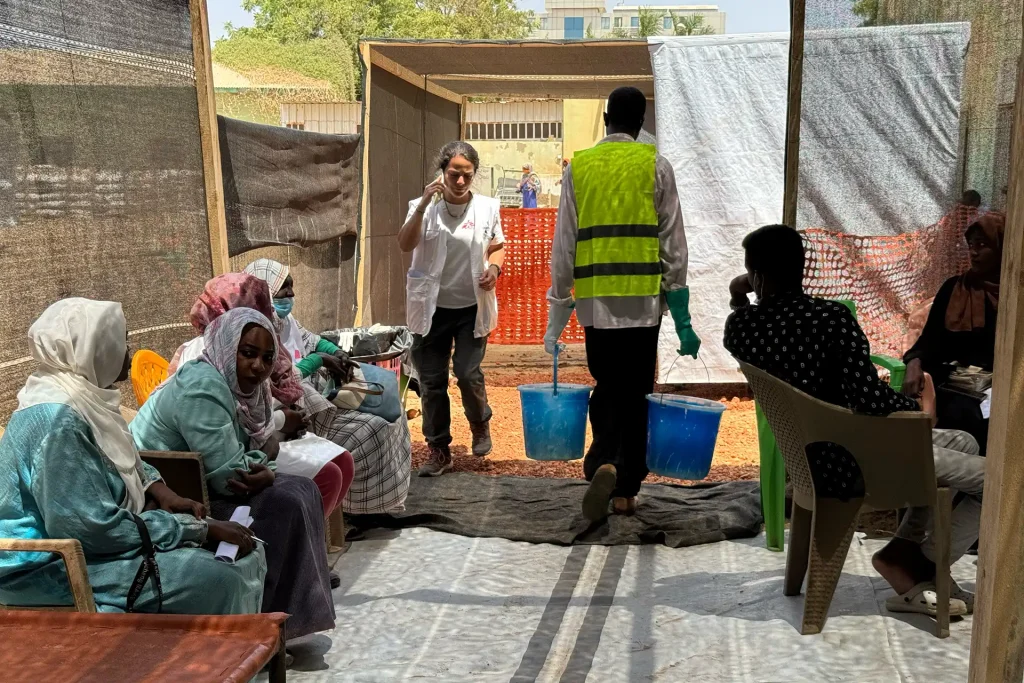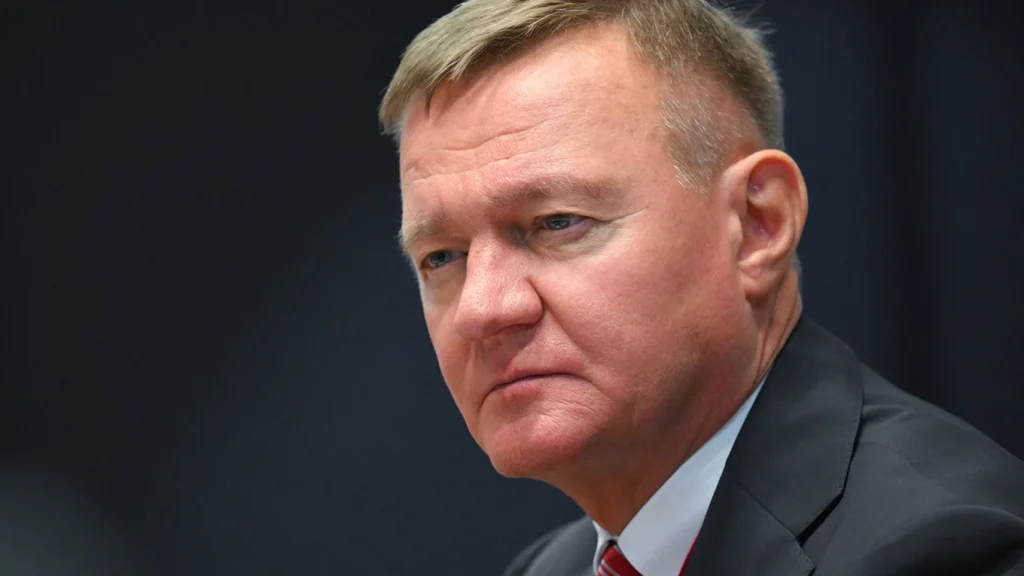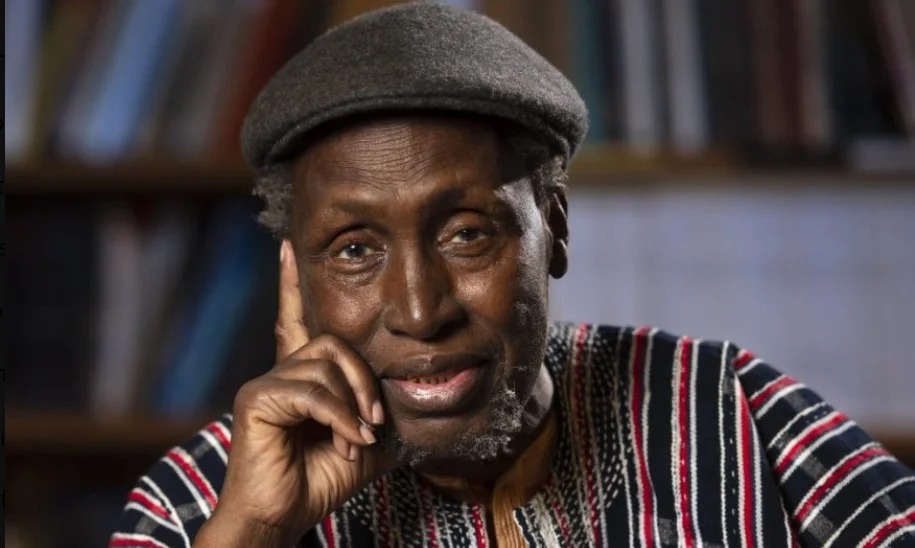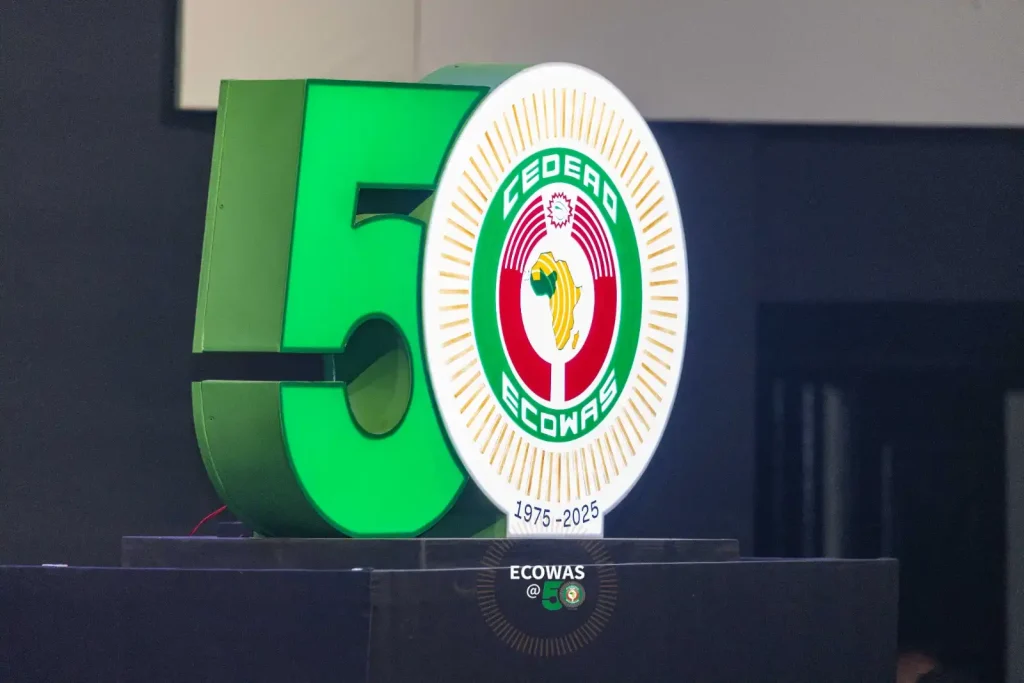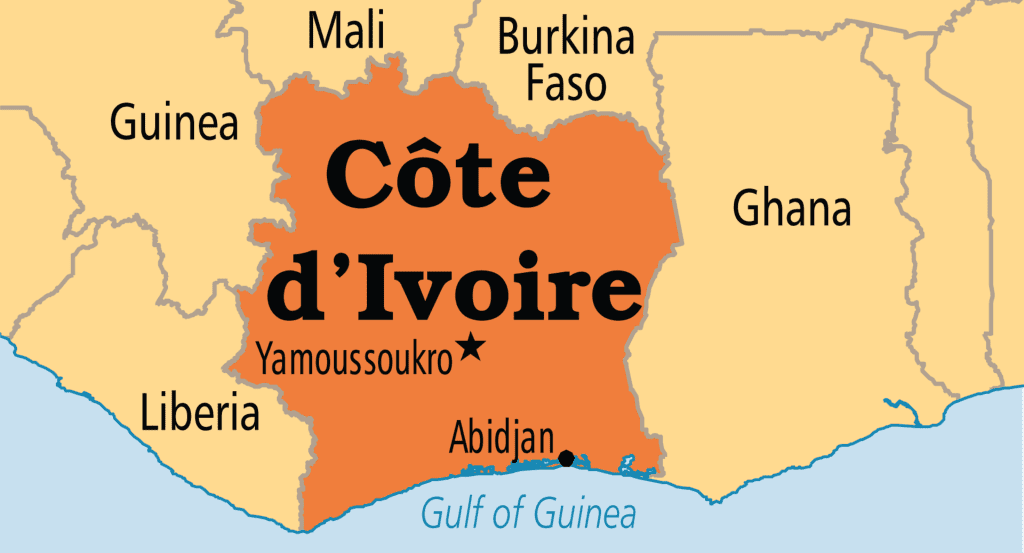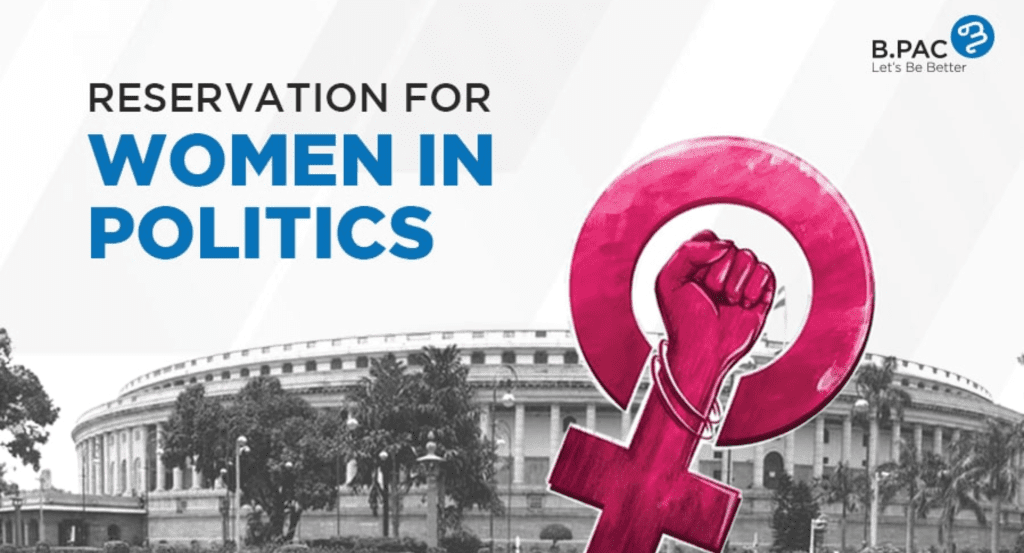The United Nations’ humanitarian agency is facing major challenges in securing the necessary funds to address the growing food insecurity crisis in Nigeria’s insurgency-ravaged northeast. The region, already struggling with the impact of a 15-year-long Islamist insurgency, is at risk of mass hunger and deaths due to the severe lack of resources, the UN’s resident coordinator warned.
In April, the UN Office for the Coordination of Humanitarian Affairs (OCHA), in collaboration with Nigeria, launched a $306 million appeal to provide aid for 2.8 million people in the most affected states: Borno, Adamawa, and Yobe. These areas are grappling with the lean season, a period marked by extreme food scarcity and increased vulnerability to hunger. However, despite some early financial commitments, the funding shortfall remains alarming.
Slow Progress in Securing Funds
Mohamed Malick Fall, the UN OCHA chief, expressed his concerns during an interview, stating that funding has been slow to come in. Nigeria pledged $11 million, and the UN’s central emergency response fund also contributed $11 million, but this still leaves the campaign far from its $306 million target.
“We are far from where we want to be,” Fall said. “This is a major concern, especially beyond the lean season, as we are noticing a general decline in humanitarian assistance to Nigeria.”
Fall further emphasized the urgency of the situation, warning of dire consequences if immediate action is not taken. He pointed out that despite making significant progress in previous years, this year’s efforts are lagging significantly behind. In the best-case scenario, the UN anticipates only being able to raise $300 million— a sharp decline from the $500 million secured last year.
Global Competition for Aid
The ongoing struggle to secure funds is not limited to Nigeria. According to Fall, several global crises have emerged over the past two years, including the conflicts in Gaza, Ukraine, and Sudan, which have diverted attention and resources from other humanitarian efforts. These new crises, combined with the economic impact of the Covid-19 pandemic on major donor countries, have made it increasingly difficult to maintain the same levels of funding for Nigeria.
The humanitarian funding gap is further exacerbated by Nigeria’s worst cost-of-living crisis in a generation. Inflation has surged beyond 33%, with food prices soaring over 40%, putting additional pressure on households already facing severe food shortages.
Catastrophic Consequences Without Intervention
The situation in Nigeria’s northeast is becoming increasingly dire, with UN OCHA warning of “catastrophic” consequences if urgent action is not taken. Malnutrition levels in the region are already alarmingly high, particularly among children. Data from UNICEF shows that by April of this year, more than 120,000 children were admitted for treatment of severe acute malnutrition. This number has already surpassed the target for the entire year, which was set at around 90,000 children.
“The cost of inaction is incredibly high, with the most pressing concern being excess mortality among children,” Fall explained. He added that without timely intervention, the hunger crisis could lead to widespread deaths, particularly among the most vulnerable populations in the affected states.
Nigeria’s Lean Season Crisis
The lean season is a critical time for many families in Nigeria’s northeast. It typically occurs between June and August when food stocks are at their lowest, and households become highly dependent on external aid. However, the ongoing insurgency in the region has compounded the problem, disrupting agricultural activities and forcing many families to flee their homes. As a result, access to food has become increasingly limited, leaving millions at risk of starvation.
For the past 15 years, the region has been engulfed in conflict, driven by Islamist insurgent groups such as Boko Haram and the Islamic State West Africa Province (ISWAP). The violence has displaced millions, destroyed farmlands, and disrupted supply chains, making it nearly impossible for affected communities to sustain themselves.
In addition to the insurgency, the global economic downturn and Nigeria’s own economic struggles have placed additional strain on the country’s ability to respond to the crisis. The rising inflation, coupled with soaring food prices, has left many families unable to afford basic necessities, further compounding the hunger crisis.
Urgent Need for Donor Support
The UN OCHA is now calling on the international community to step up its efforts to provide much-needed support to Nigeria’s northeast. Without immediate and sustained funding, the humanitarian situation could worsen significantly in the coming months, with millions more people falling into extreme hunger.
Fall highlighted the importance of securing additional resources to meet the needs of the 2.8 million people targeted in the appeal. “We need more donor engagement. The humanitarian needs in Nigeria are immense, and the consequences of inaction could be disastrous,” he warned.
The decline in funding has raised concerns that the UN’s ability to provide essential services, such as food aid, healthcare, and shelter, could be severely compromised. If these services are not delivered in time, the humanitarian crisis could spiral out of control, leading to a significant increase in hunger-related deaths.
Conclusion
As Nigeria’s northeast faces an escalating food insecurity crisis, the UN OCHA and other humanitarian agencies are struggling to secure the necessary funding to provide critical aid to millions of people. With the lean season in full swing and inflation driving up food prices, the need for immediate intervention is more urgent than ever. However, global competition for resources, coupled with the economic impact of Covid-19, has led to a sharp decline in donor contributions, putting the lives of millions at risk.
The UN is now calling on international donors to prioritize the crisis in Nigeria and provide the funds needed to avert mass hunger and deaths. Without timely and sustained support, the consequences of this funding shortfall could be catastrophic, particularly for the most vulnerable populations in the insurgency-hit northeast. The clock is ticking, and the world must act now to prevent a full-scale humanitarian disaster in Nigeria.


